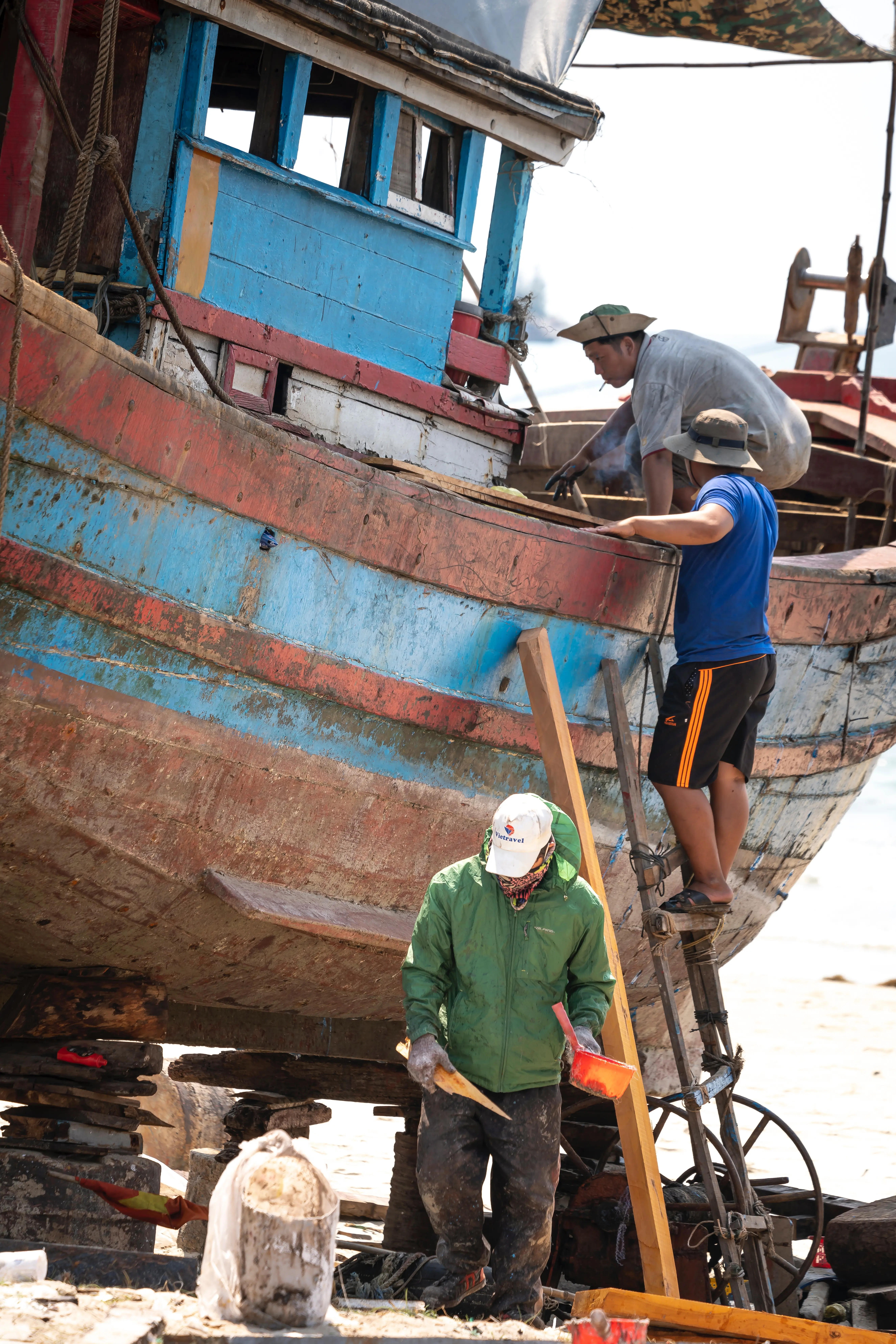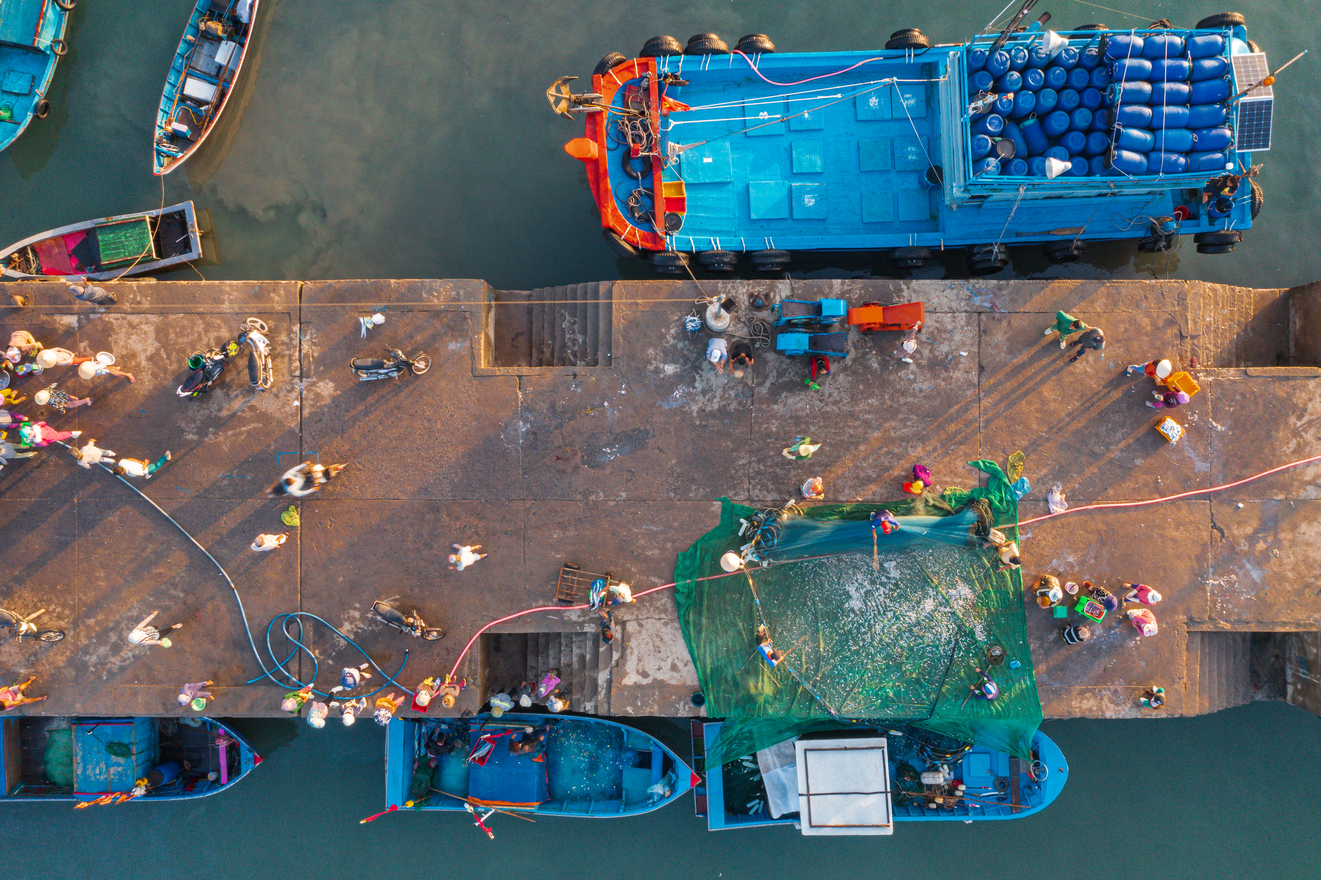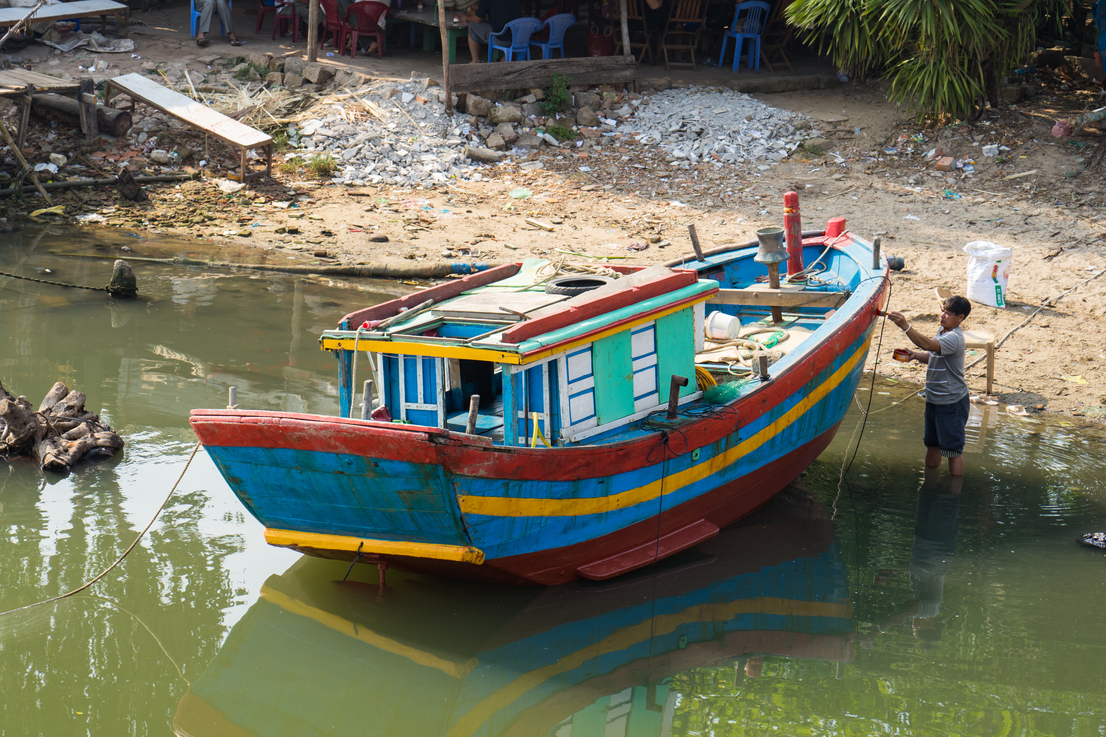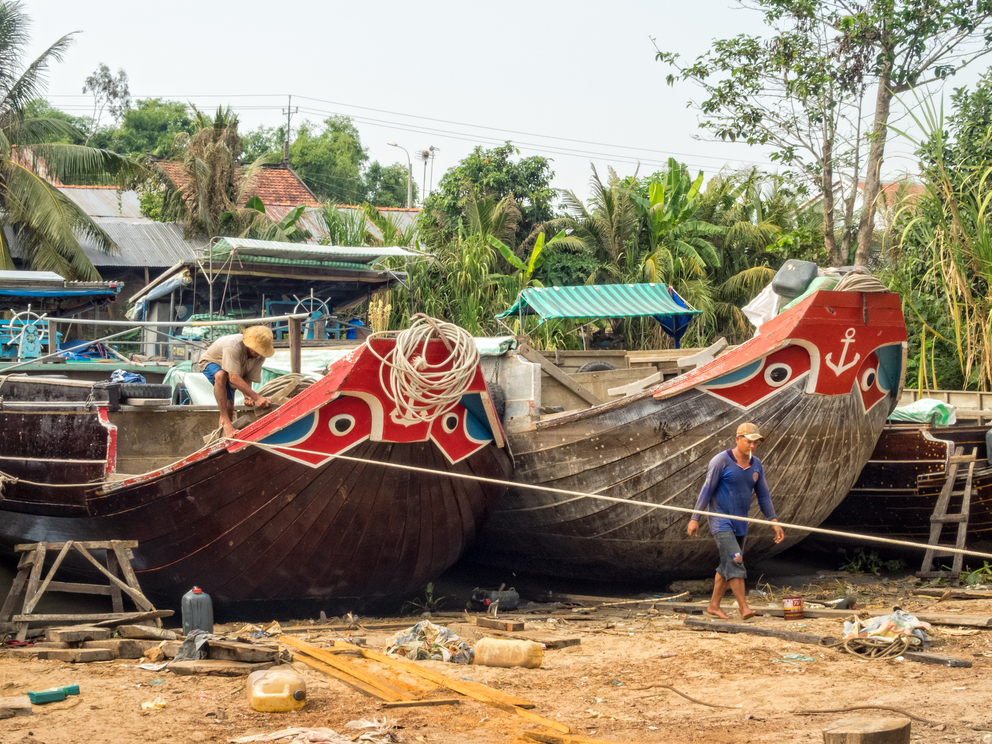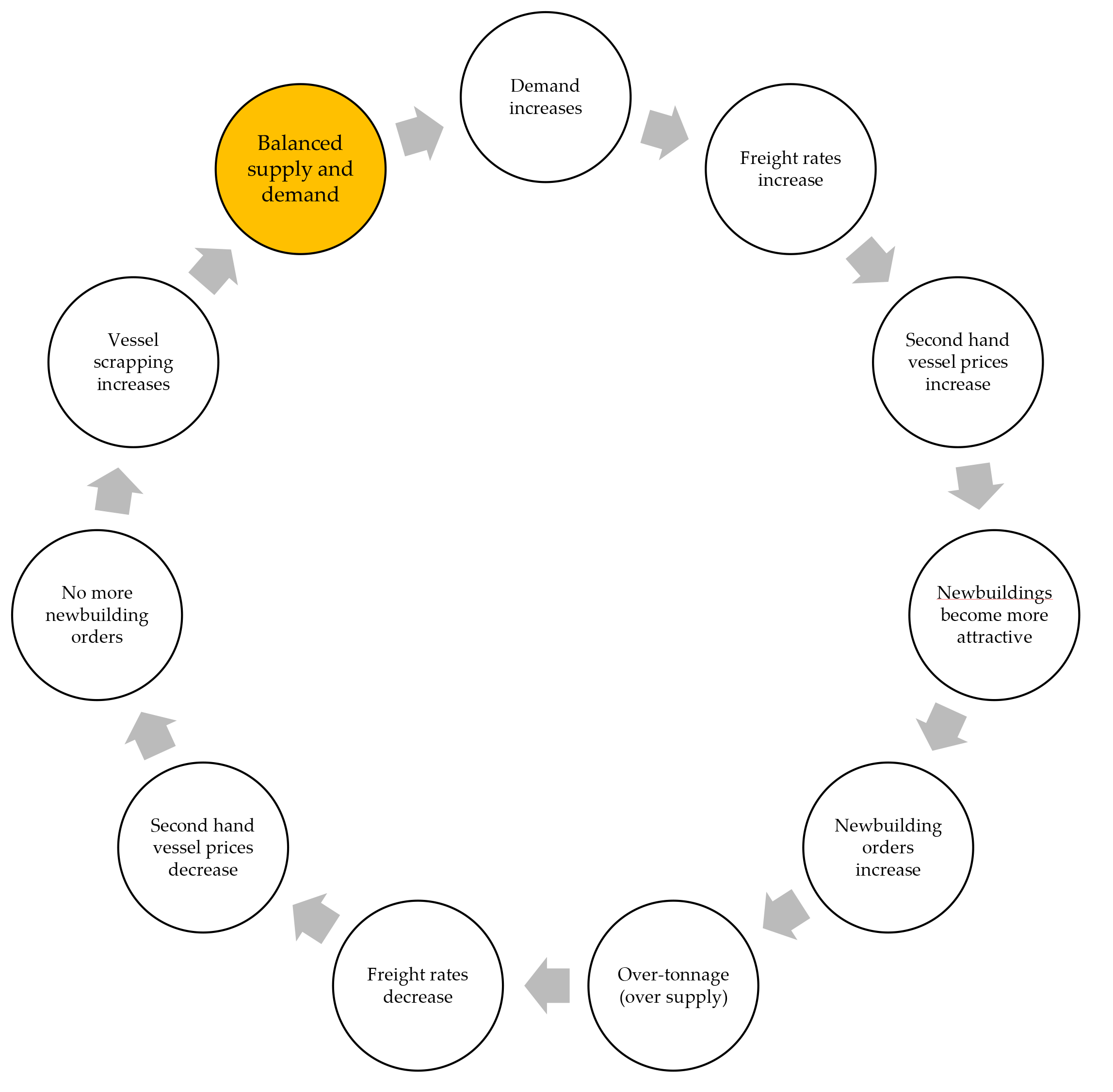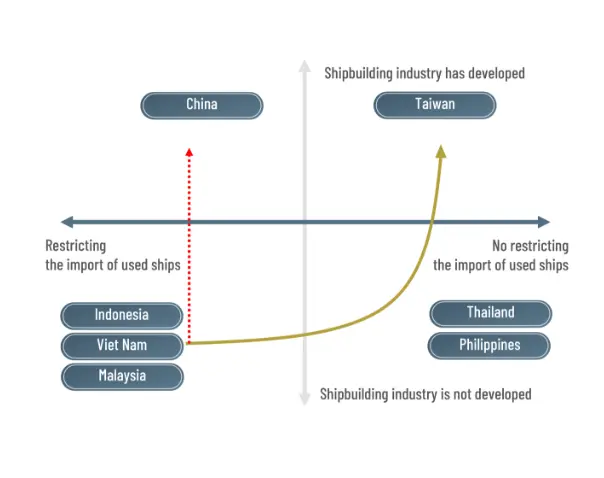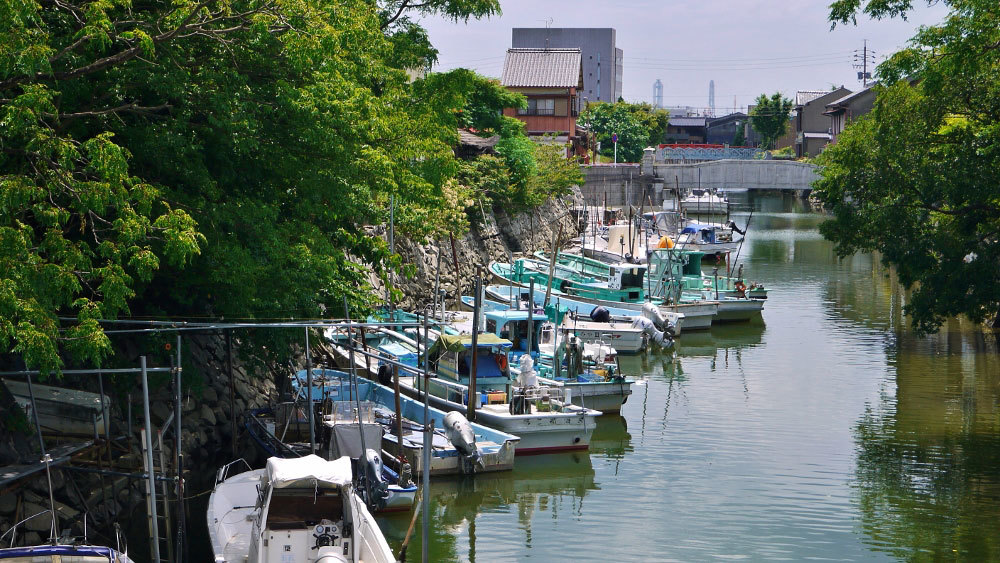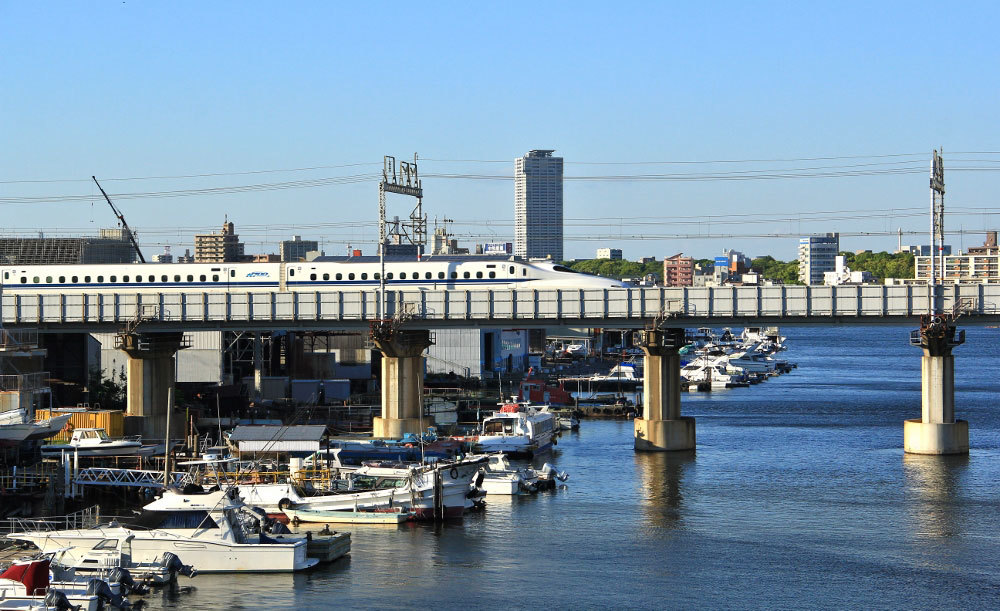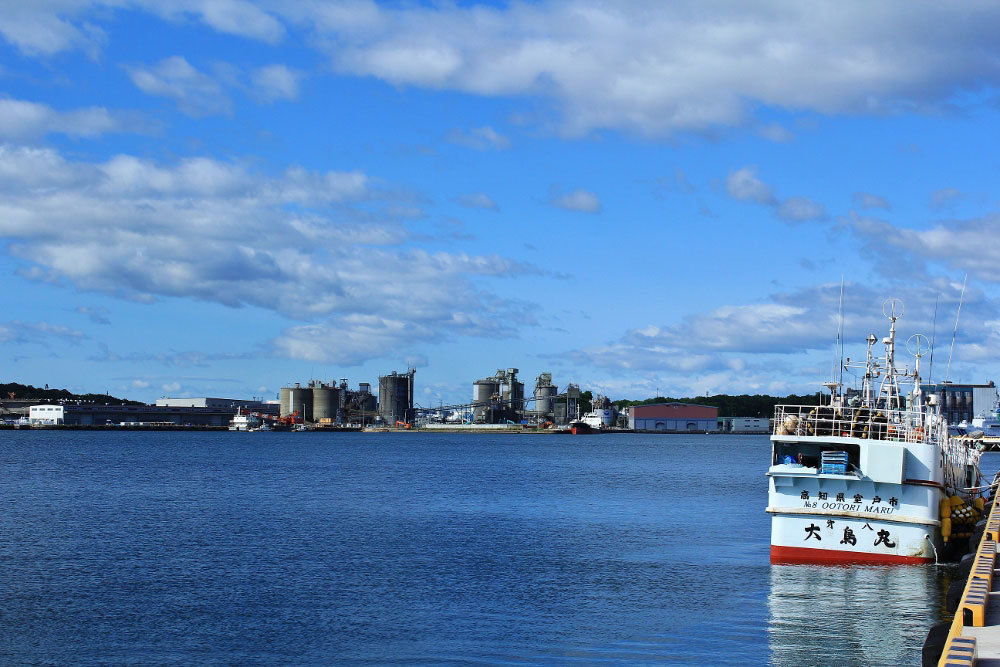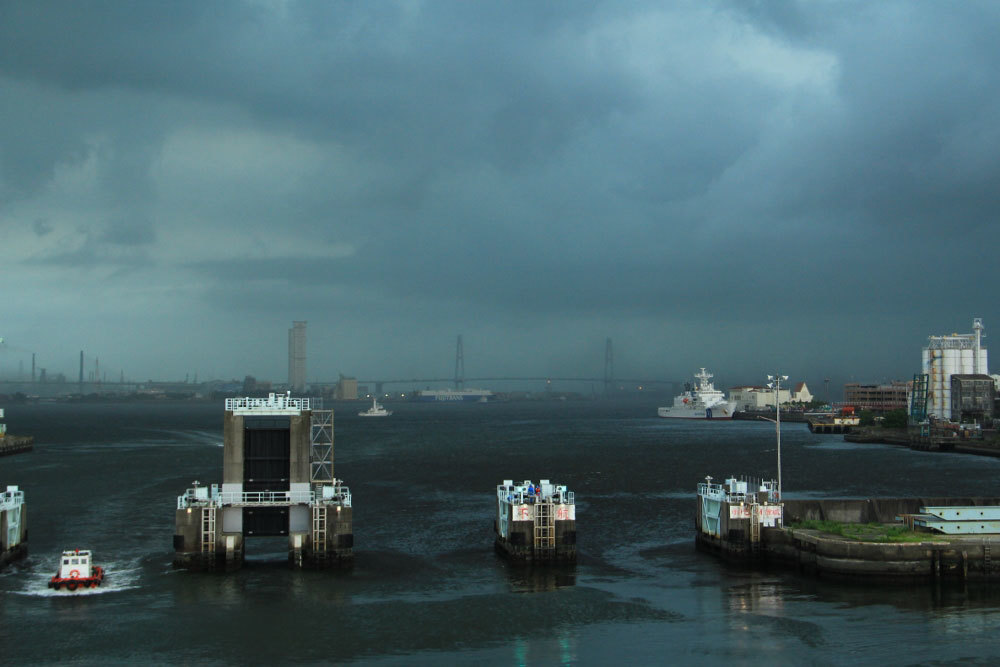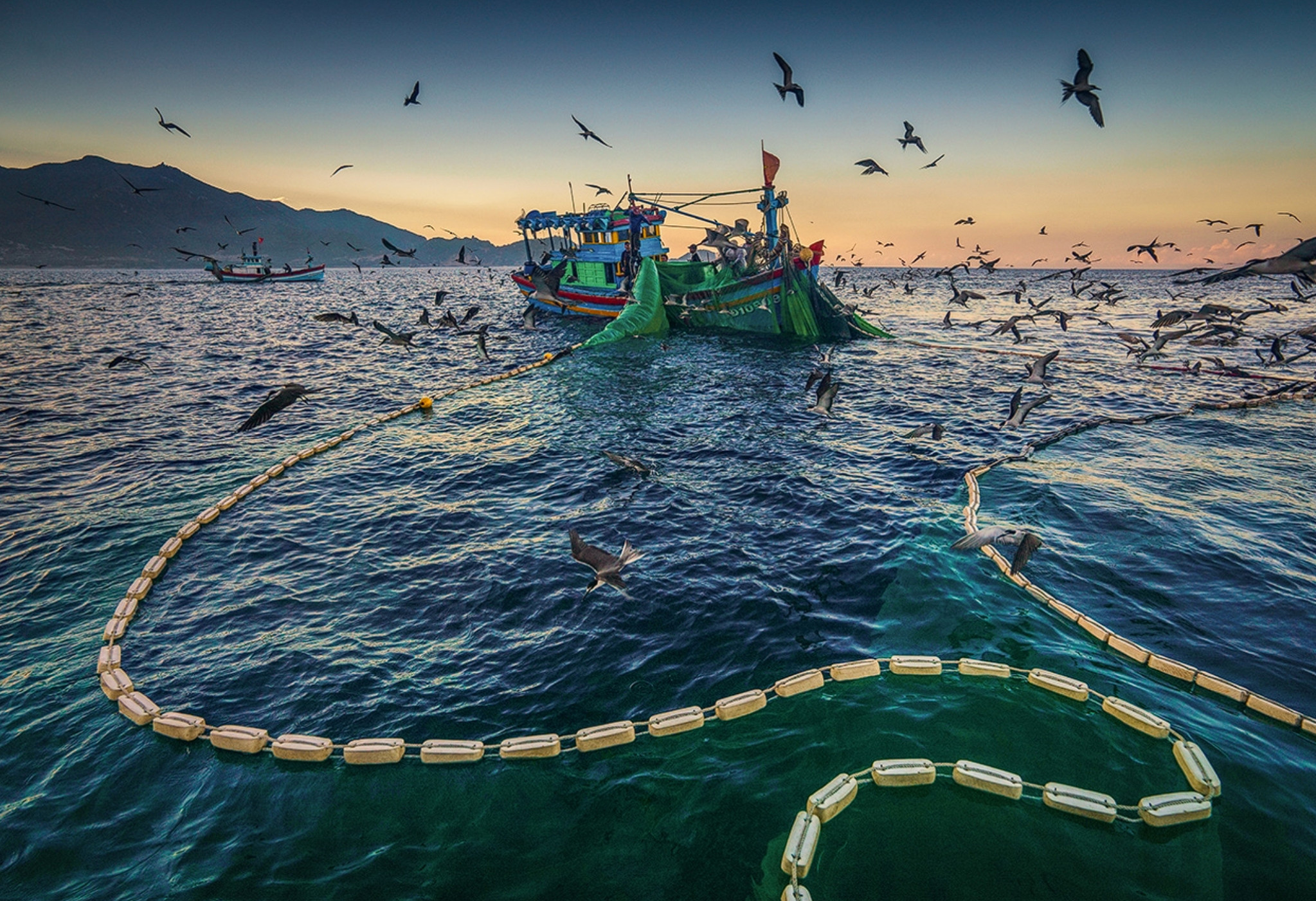Our Story
In 2013, by chance, I met a young man from Vietnam who was studying at a university in Kobe. I also went to Halong Bay. There are many sightseeing boats, fishing boats and small boats coming and going, but I was worried that they were all wooden boats.
After returning to Japan, a young man from Vietnam said to me, “In Japan, there are many fishing boats and small boats that are not being used and are moored in ports and rivers. If possible, can we use them in Vietnam?”. The words were impressive and remained in my heart.
In the 70 years since the end of War, Japan has experienced economic growth at full speed and has achieved a top-class position in the world. However, due to the effects of the declining birthrate and aging population, and labor-intensive industries are experiencing a chronic labor shortage due to the aging of workers and a decrease in the number of young people entering the industry. It has been put in worring state.
The situation in the fishing industry is a typical example, and the average age of fishermen is rising, and it is not uncommon for them to be in their 70s and 80s. Under such circumstances, as the young Vietnamese said, many people have stopped seafaring, and fishing boats that can be used for decades to come are left moored at the port without being utilized. I understand the current situation very well. On the other hand, leisure boats, which were on the rise during the bubble period, have been neglected due to the aging of ship owners and high marina fees. It is said that these abandoned moored ships are destroyed and sunk during typhoons, and other circumstances. And are one of the causes of environmental destruction in harbors. In addition, most of these small boats are made of FRP (reinforced plastic), which is light and durable, and many of them have high-performance engines, and other great features, like high fuel efficiency, so they are still useful for fishing and coastal transportation. At this rate, there is no choice for them but to be scrapped and wait for disposal, which would be incredibly wasteful.
If we can re-purpose these Japanese-made, high-performance, unused small boats in Vietnam, we will be able to support the development of the Vietnamese fishery, which is dominated by wooden boats, and eventually contribute to the international community by passing on the technology of FRP boats and promoting personnel exchange. As a result, in the future I would like to have a wide range of activities in the Southeast Asian region.
Therefore, we visited fishing ports in Japan, asked people involved in the fishing industry about the current situation, and consulted with JICA and related ministries and agencies. Although there are many issues to be resolved, we are convinced that the possibilities are optimistic. At the same time, we received a request for multiple fishing boats from many parties related to the fishing industry in Vietnam. Henceforth, in order to obtain the support and cooperation of more people, and the guidance and approval of related ministries and agencies, we have decided to launch the Non-profit Organization International Small Vessel Recycle Project.
We ask for the understanding and support of everyone involved, and your cooperation would be greatly appreciated, so that our goals can be achieved.
February 1, 2015 Hideki Muraoh

